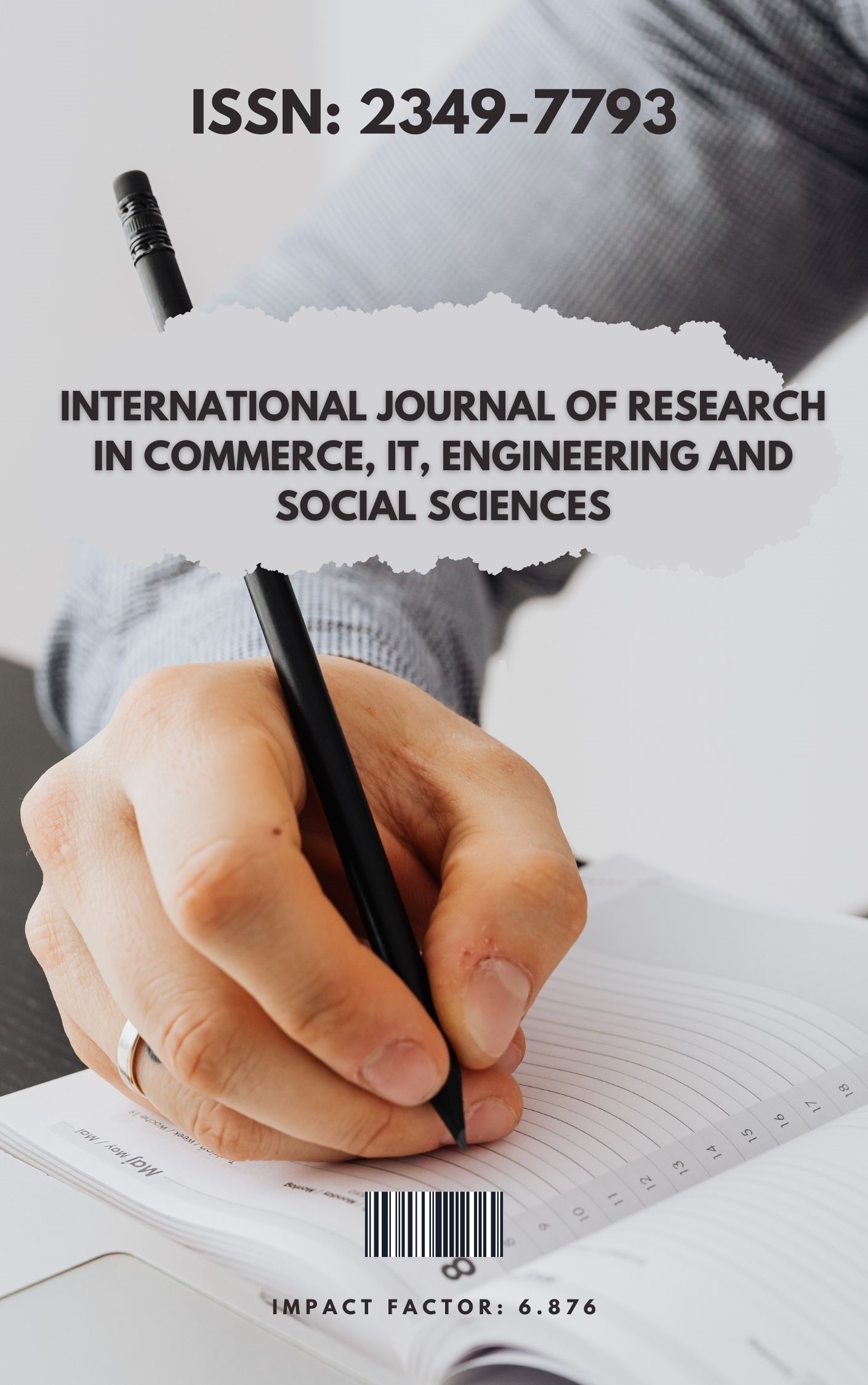SELF-EDUCATION THROUGH MOBILE APPLICATIONS
Keywords:
Educational mobile Apps, multimedia, E-Learning, audio-Visual….Abstract
In the article we research that Intelligent mobile applications has brought tremendous changes to mobile learning. Open multimedia learning resources are a powerful supplement to traditional printed books. Differentiated teaching materials also give students many choices and stimulate their enthusiasm for learning; rich and easy-to-use online teaching resources have a great influence on traditional teaching resources. Knowledgeable people are no longer the only teachers, and students can follow and choose what they need to learn flexibly according to their needs and weaknesses. Using app to assist learning, teaching can improve learning effects and stimulate students’ interest in learning. With the popularity and the continuous development of mobile learning applications, applications have become an important part of our daily lives.
References
M. Tentori, L. Escobedo, and G. Balderas, “A smart environment for children with autism,” IEEE Pervasive Computing, Evol. 14, no. 2, pp. 42–50, 2015.View at: Publisher Site | Google Scholar
K.-L. A. Yau, D. Chieng, J. Qadir, and Q. Ni, “Towards enhancement of communication systems, networks and applications for smart environment,” Journal of Ambient Intelligence and Humanized Computing, vol. 10, no. 4, pp. 1271–1273, 2019.View at: Publisher Site | Google Scholar
J. Chin, V. Callaghan, and S. B. Allouch, “The internet-of-things: reflections on the past, present and future from a user-centered and smart environment perspective,” Journal of Ambient Intelligence and Smart Environments, vol. 11, no. 1, pp. 45–69, 2019.View at: Publisher Site | Google Scholar
V. B. M. F. Koy and O. Rodrigues, “Developing smart environment at tourism spots in Jetisharjo RW. 07, Yogyakarta,” ARTEKS : Jurnal Teknik Arsitektur, vol. 4, no. 1, pp. 25–32, 2019.View at: Publisher Site | Google Scholar
S. L. Lim, P. J. Bentley, N. Kanakam, F. Ishikawa, and S. Honiden, “Investigating country differences in mobile app user behavior and challenges for software engineering,” IEEE Transactions on Software Engineering, vol. 41, no. 1, pp. 40–64, 2015.View at: Publisher Site | Google Scholar
J. Dahne, C. Lejuez, J. Kustanowitz et al., “Moodivate: a self-help behavioral activation mobile app for utilization in primary care—development and clinical considerations,” The International Journal of Psychiatry in Medicine, vol. 52, no. 2, pp. 160–175, 2017.View at: Publisher Site | Google Scholar
O. Sert, S. Elik, and E. Baran, “The affordances of mobile-app supported teacher observations for peer feedback,” International Journal of Mobile and Blended Learning, vol. 10, no. 2, pp. 36–49, 2018.View at: Google Scholar
Y. Wang and M. S. Christiansen, “An investigation of Chinese older adults’ self-directed english learning experience using mobile apps,” International Journal of Computer-Assisted Language Learning and Teaching, vol. 9, no. 4, pp. 51–71, 2019.View at: Publisher Site | Google Scholar
G. Aceto, D. Ciuonzo, A. Montieri, and A. Pescapé, “Multi-classification approaches for classifying mobile app traffic,” Journal of Network and Computer Applications, vol. 103, pp. 131–145, 2018.View at: Publisher Site | Google Scholar
V. F. Taylor, R. Spolaor, M. Conti, and I. Martinovic, “AppScanner: automatic fingerprinting of smartphone apps from encrypted network traffic,” in Proceedings of the 2016 IEEE European Symposium on Security and Privacy (EuroS&P), IEEE, Saarbruecken, Germany, March 2016.View at: Google Scholar
G. Aceto, G. Bovenzi, D. Ciuonzo et al., “Characterization and prediction of mobile-app traffic using markov modeling,” IEEE Transactions on Network and Service Management, vol. 18, no. 1, pp. 907–925, 2021.View at: Publisher Site | Google Scholar
K. F. Hashim, F. B. Tan, and A. Rashid, “Adult learners’ intention to adopt mobile learning: a motivational perspective,” British Journal of Educational Technology, vol. 46, no. 2, pp. 381–390, 2015.View at: Publisher Site | Google Scholar





